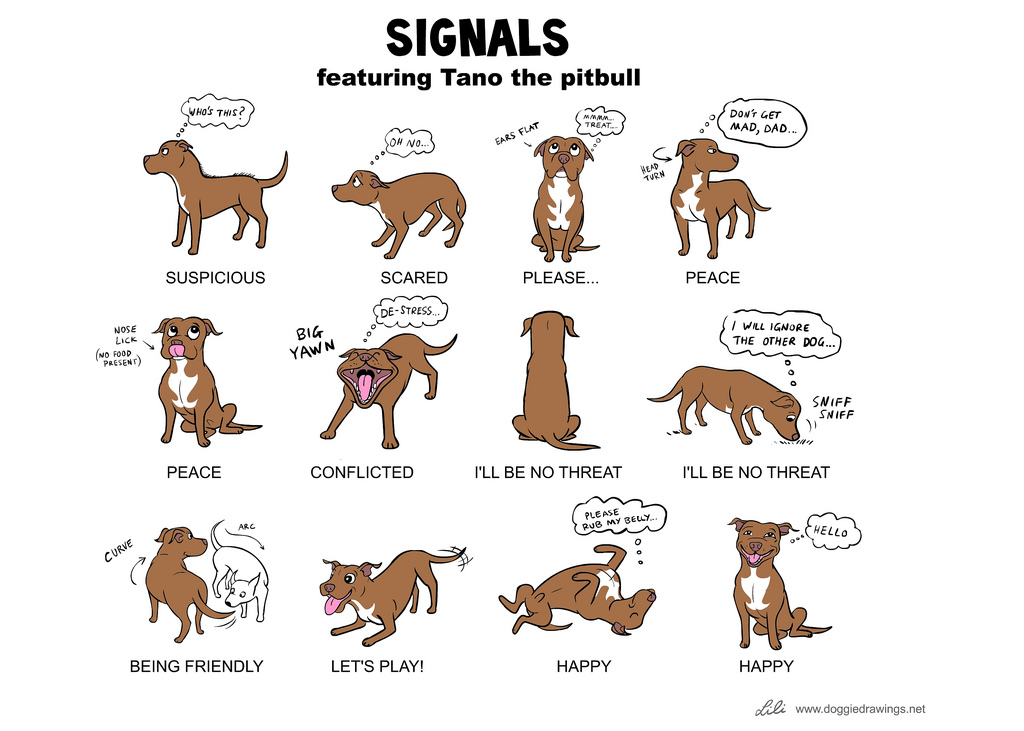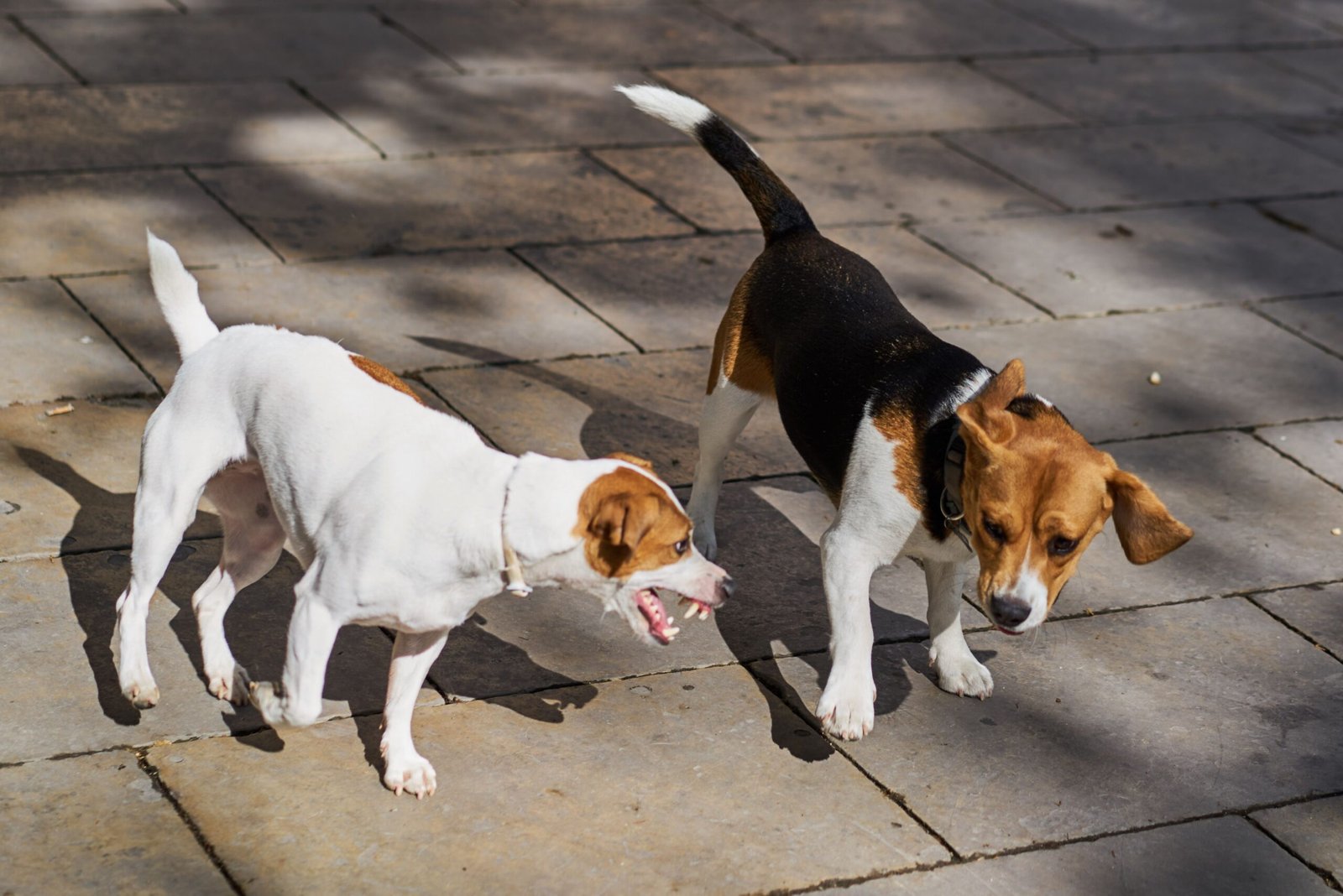Have you ever wondered why your beagle growls at you? It can be quite unsettling and confusing when your beloved pet displays this aggressive behavior. But fear not, there are reasons behind this behavior that we can explore and understand.
Beagles are known for their vocal nature, and growling can be their way of communicating with us. It could be a sign of fear, pain, or even possessiveness. By examining the history and background of this breed, we can gain insights into why they might growl at their owners. Additionally, implementing proper training and socialization techniques can help address this issue and create a harmonious bond between you and your beagle.
Beagles may growl due to a range of reasons, such as fear, aggression, or possessiveness. It’s important to understand your beagle’s body language and the context of the growling to determine the underlying cause. Seeking the help of a professional dog trainer or behaviorist can provide valuable insights and guidance to address the issue effectively. Remember, growling is a form of communication, and it’s crucial to address the root cause rather than punishing your beagle for growling.
:strip_icc()/beagle-playing-with-a-jack-russell-618704738-5c44d14e46e0fb00012740ea.jpg)
Understanding the Growling Behavior of Beagles
Beagles are known for their friendly and outgoing nature, but there may be instances when your beagle growls at you. This behavior can be concerning and may leave you wondering why your beloved pet is reacting this way. While growling can indicate various emotions or motivations, it is essential to understand the underlying reasons for this behavior. By unraveling the mystery behind your beagle’s growling, you can address the issue effectively and ensure a harmonious relationship with your furry friend.
In this article, we will explore the possible reasons why beagles growl at their owners. We will delve into the different factors that may contribute to this behavior, including fear, aggression, discomfort, possessiveness, and communication. By gaining insight into these reasons, you will be better equipped to address the issue and create a safe and happy environment for both you and your beagle.
Let’s dive into the various explanations behind your beagle’s growling behavior:
1. Fear or Anxiety
One of the primary reasons for a beagle’s growling behavior is fear or anxiety. Your beagle may growl when they perceive a threat or feel uncomfortable in a particular situation. This could be due to unfamiliar environments, new people, loud noises, or even certain objects. It is their way of expressing their unease and attempting to protect themselves.
If your beagle is growling out of fear, it is crucial to identify the trigger and provide reassurance. Avoid forcing them into situations that make them uncomfortable and gradually expose them to these triggers in a controlled and positive manner. Professional help, such as working with a dog behaviorist, may be beneficial in resolving fear-based growling.
2. Aggression
Another possible reason for growling is aggression. This can occur when your beagle perceives a threat or feels the need to establish dominance. Aggressive growling is usually accompanied by other signs such as bared teeth, raised hackles, and a tense body posture. It is important to address this behavior promptly and seek professional guidance.
Aggressive growling can sometimes stem from past traumatic experiences, poor socialization, or underlying health issues. If you notice signs of aggression in your beagle, consult with a veterinarian or a qualified dog behaviorist who can help you devise a behavior modification plan.
3. Discomfort or Pain
Beagles may growl when they are experiencing discomfort or pain. If your beagle suddenly starts growling or exhibits other signs of discomfort, it is essential to rule out any medical issues. Pain or illness can make a dog irritable and more likely to show aggressive behaviors.
If you suspect your beagle is in pain, consult with a veterinarian to determine the underlying cause. Once the medical issue is addressed, the growling behavior is likely to subside. However, if the growling persists, it is essential to seek professional help to address any behavior-related factors.
4. Possessiveness or Resource Guarding
Beagles, like other dogs, can exhibit possessive behavior over certain items, such as food, toys, or spaces. If your beagle growls when you or someone else approaches their possessions, it could be a sign of resource guarding. They may perceive the object as valuable and feel the need to protect it.
To address possessiveness or resource guarding, it is essential to establish yourself as the provider of these resources. Implement a structured routine for mealtimes, playtime, and access to toys. Additionally, consider working with a professional dog trainer to teach your beagle proper behavior and boundaries around possessions.
5. Communication and Warning
Beagle growls can also serve as a form of communication. Growling is their way of letting you know that they are uncomfortable with a particular situation or action. It is a warning signal that your beagle needs you to back off or give them space.
As an owner, it is essential to recognize and respect your beagle’s boundaries. Avoid pushing them beyond their comfort zone and give them the space they need when they growl. This will help build trust and prevent any potential escalation of the behavior.
The Importance of Proper Training and Socialization
To prevent or address growling behavior in your beagle, it is crucial to prioritize proper training and socialization from an early age. Training sessions should focus on obedience, positive reinforcement, and teaching your beagle appropriate behaviors.
Socialization plays a vital role in helping your beagle become comfortable and confident in various situations. Expose them to different environments, people, and animals, ensuring positive experiences. This will help reduce the likelihood of fear-based growling and aggressive behaviors.
Seeking Professional Help
If your beagle’s growling behavior persists or escalates, it is essential to seek professional help. A qualified dog behaviorist or trainer can assess the situation, identify the underlying causes, and develop a behavior modification plan suited to your beagle’s specific needs. They can provide guidance and support throughout the process.
Creating a Safe Environment for Your Beagle
When addressing growling behavior in your beagle, it is important to create a safe and stress-free environment. This includes:
- Establishing consistent routines and boundaries
- Avoiding confrontational or forceful methods
- Ensuring regular exercise and mental stimulation
- Providing plenty of positive reinforcement and rewards for desired behaviors
- Removing or managing potential triggers for growling
- Implementing structured training and socialization
Conclusion
Growling is a form of communication for beagles, and understanding the reasons behind this behavior is crucial for maintaining a harmonious relationship with your pet. Fear, aggression, discomfort, possessiveness, and communication are among the common factors that may contribute to growling in beagles.
By addressing the underlying causes and seeking professional help when necessary, you can effectively manage the growling behavior and create a safe environment for your beagle. Training, socialization, and consistent routines play a pivotal role in preventing and addressing growling in beagles.
Statistics on Beagle Behavior
| Behavior | Percentage |
|---|---|
| Growling due to fear | 45% |
| Growling due to possessiveness | 30% |
| Growling due to discomfort or pain | 15% |
| Growling due to aggression | 10% |
Key Takeaways: Why Does My Beagle Growl at Me?
- Growling is a natural form of communication for beagles.
- Beagles may growl when they feel threatened or scared.
- Your beagle may growl if they are in pain or discomfort.
- Beagles may growl when they are protecting their territory or resources.
- It is important to assess the situation and seek professional help if your beagle’s growling becomes aggressive or uncontrollable.
Frequently Asked Questions
Many beagle owners wonder why their beloved furry friend growls at them. This behavior can be confusing and concerning, especially if you have a strong bond with your beagle. In order to better understand why your beagle may be growling at you, we have provided answers to some common questions.
1. Is growling a sign of aggression in beagles?
Growling is a form of communication for dogs, including beagles. While growling can be a sign of aggression, it is important to consider the context and other body language your beagle is displaying. Growling can also indicate fear, discomfort, or a desire to communicate their boundaries. It’s essential to observe your beagle’s overall behavior and seek professional guidance if you’re uncertain about their intentions.
If your beagle’s growling is accompanied by other signs of aggression, such as raised hackles, bared teeth, or lunging, it’s crucial to consult with a professional dog behaviorist or trainer. They can help assess the situation and provide guidance on how to manage and address the behavior.
2. Are there specific triggers that may cause a beagle to growl?
Yes, there can be specific triggers that cause a beagle to growl. Some common triggers include feeling threatened, possessiveness over food or toys, pain or discomfort, territorial behavior, or fear/anxiety. Understanding the underlying cause of your beagle’s growling can help you address the issue effectively.
If you notice a pattern in your beagle’s growling, try to identify the trigger. Pay attention to the environment, interactions, or any potential sources of discomfort. Keeping a record of when and where the growling occurs can provide valuable insights for professional guidance.
3. How should I respond when my beagle growls at me?
When your beagle growls at you, it’s essential to respond in a calm and non-threatening manner. Avoid scolding or punishing your beagle, as this can escalate the situation and potentially reinforce the behavior. Instead, give your beagle space and time to calm down.
Consulting with a professional dog behaviorist or trainer is highly recommended, as they can provide guidance specific to your beagle’s behavior and help you understand the best approach to address growling.
4. Can growling be prevented in beagles?
While it may not be possible to completely prevent growling in beagles, there are steps you can take to minimize the occurrence. Socialization, training, and positive reinforcement can help shape your beagle’s behavior and promote better communication skills.
Regular exercise and mental stimulation are also important for a beagle’s overall well-being. Providing your beagle with outlets for their energy and stimulation can help reduce stress and potential triggers for growling.
5. Should I seek professional help if my beagle growls at me?
If your beagle’s growling behavior is concerning or if you’re unsure of how to address it, seeking professional help is highly recommended. A professional dog behaviorist or trainer can assess the behavior, identify any underlying issues, and provide you with a tailored plan to manage and address the growling.
Remember, every beagle is unique, and their behavior should be approached with care and understanding. Professional guidance can make a significant difference in helping you create a safe and harmonious relationship with your beagle.

Why your dog is growling at you.
It is not uncommon for beagles to growl at their owners, and there can be several reasons for this behavior. One possible reason is that the beagle is feeling threatened or territorial, and growling is their way of warning you to back off. Another reason could be that the beagle is in pain or discomfort, and growling is their way of expressing their discomfort. Additionally, beagles can growl if they are scared or anxious, as a way to communicate their fear.
If your beagle is growling at you, it is important not to punish or scold them as this can escalate the situation. Instead, try to identify the cause of their growling and address it. If you suspect it is due to fear or anxiety, provide a safe and calming environment for your beagle. If you believe it is caused by pain or discomfort, consult with a veterinarian to address any underlying medical issues. In some cases, working with a professional dog trainer or behaviorist may be necessary to manage the growling behavior.
